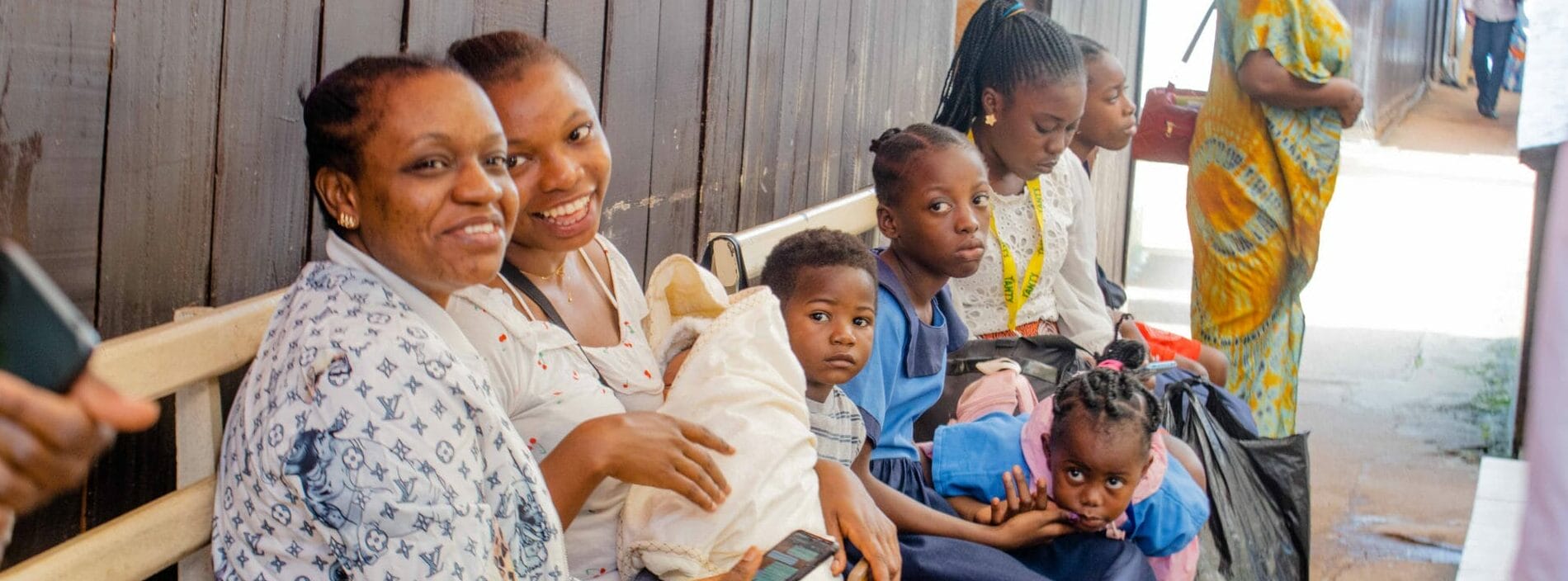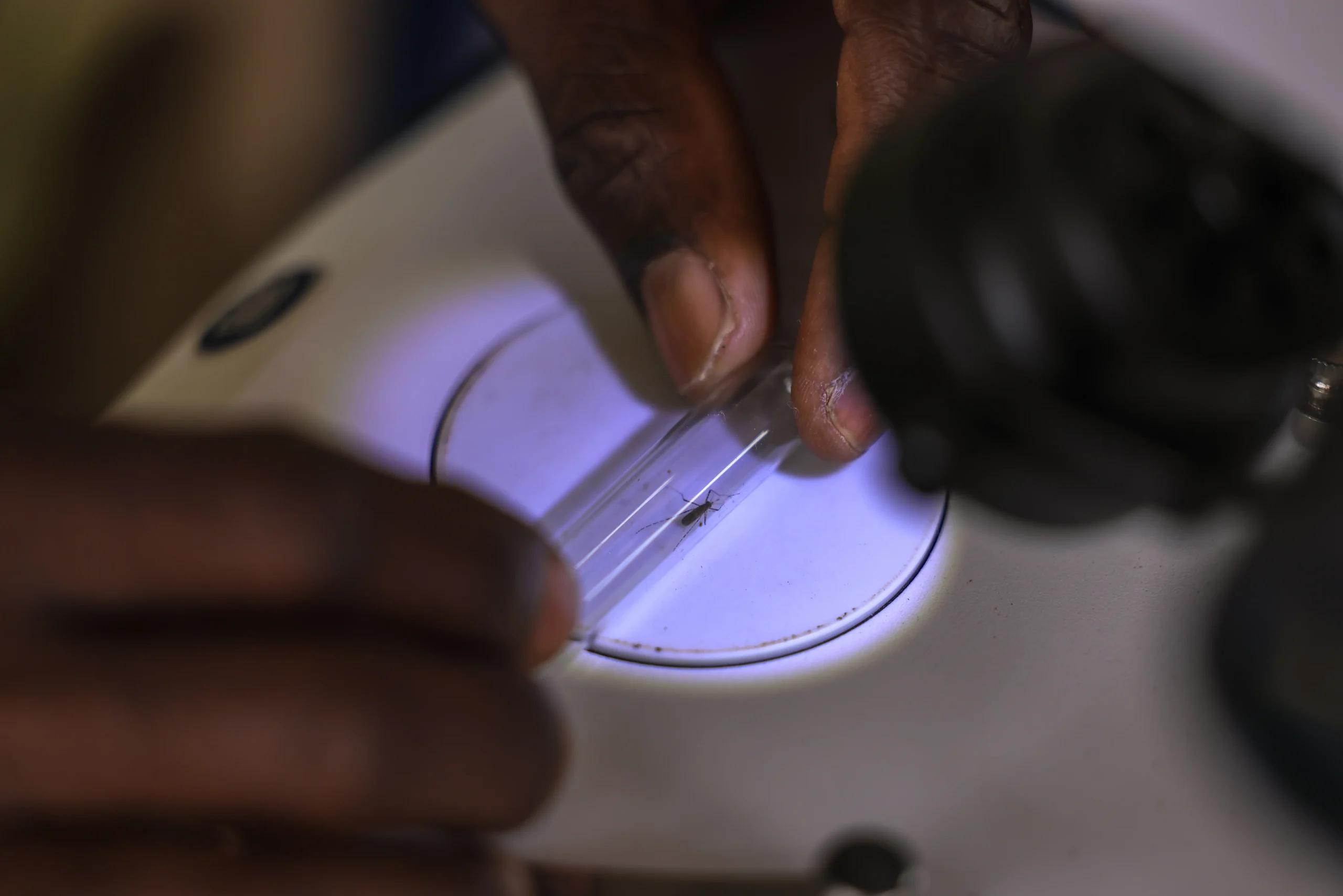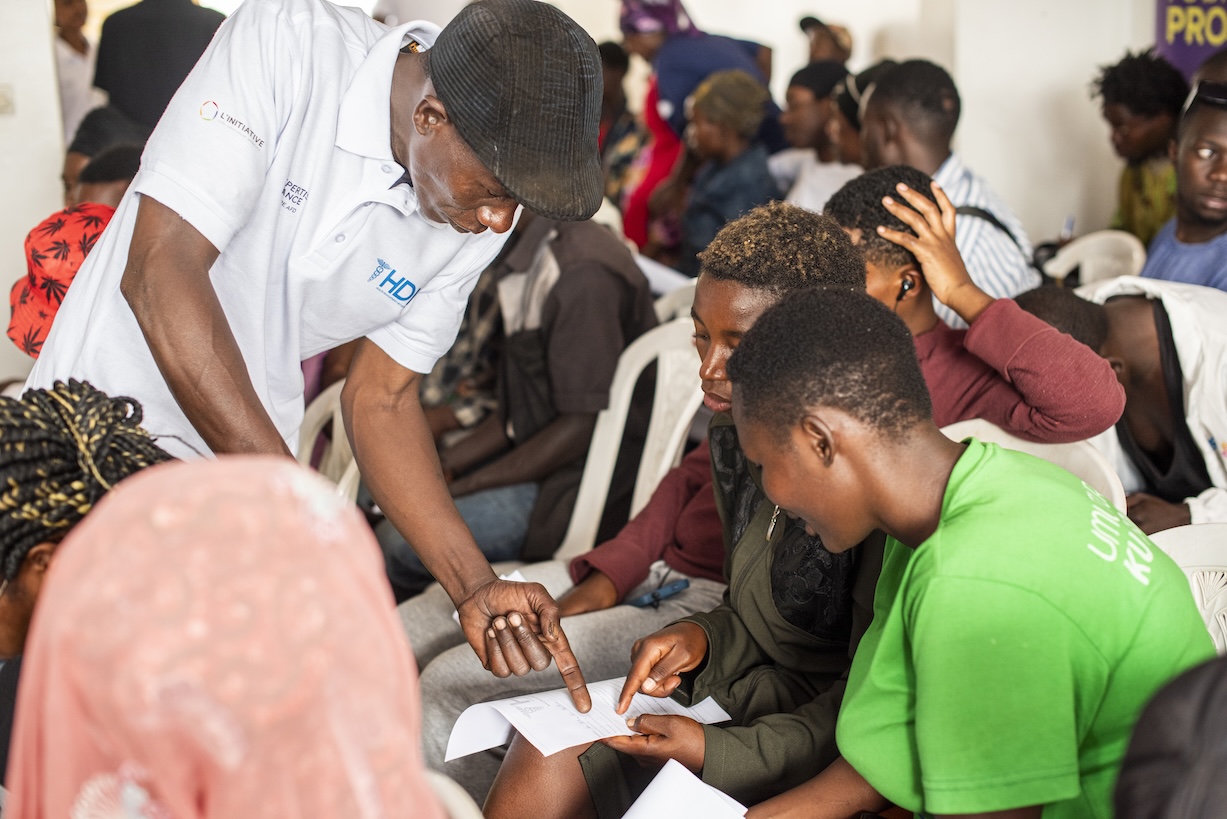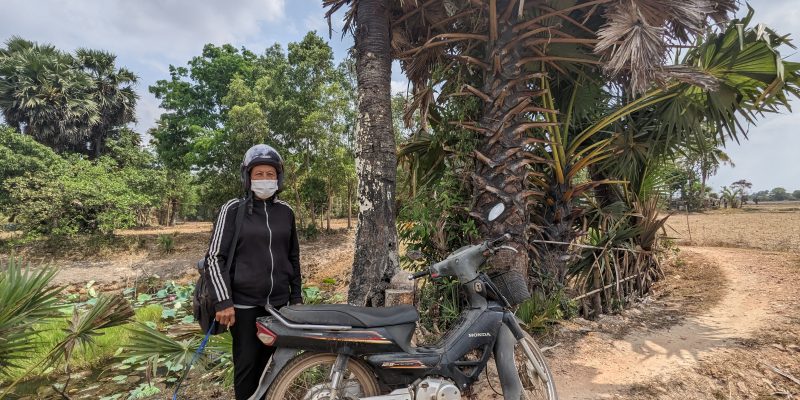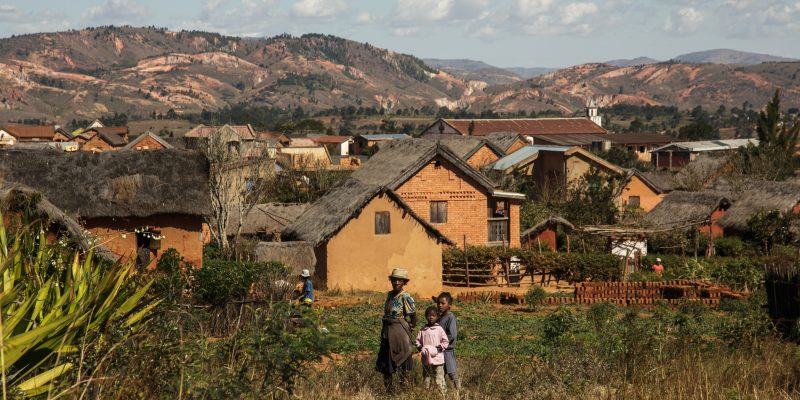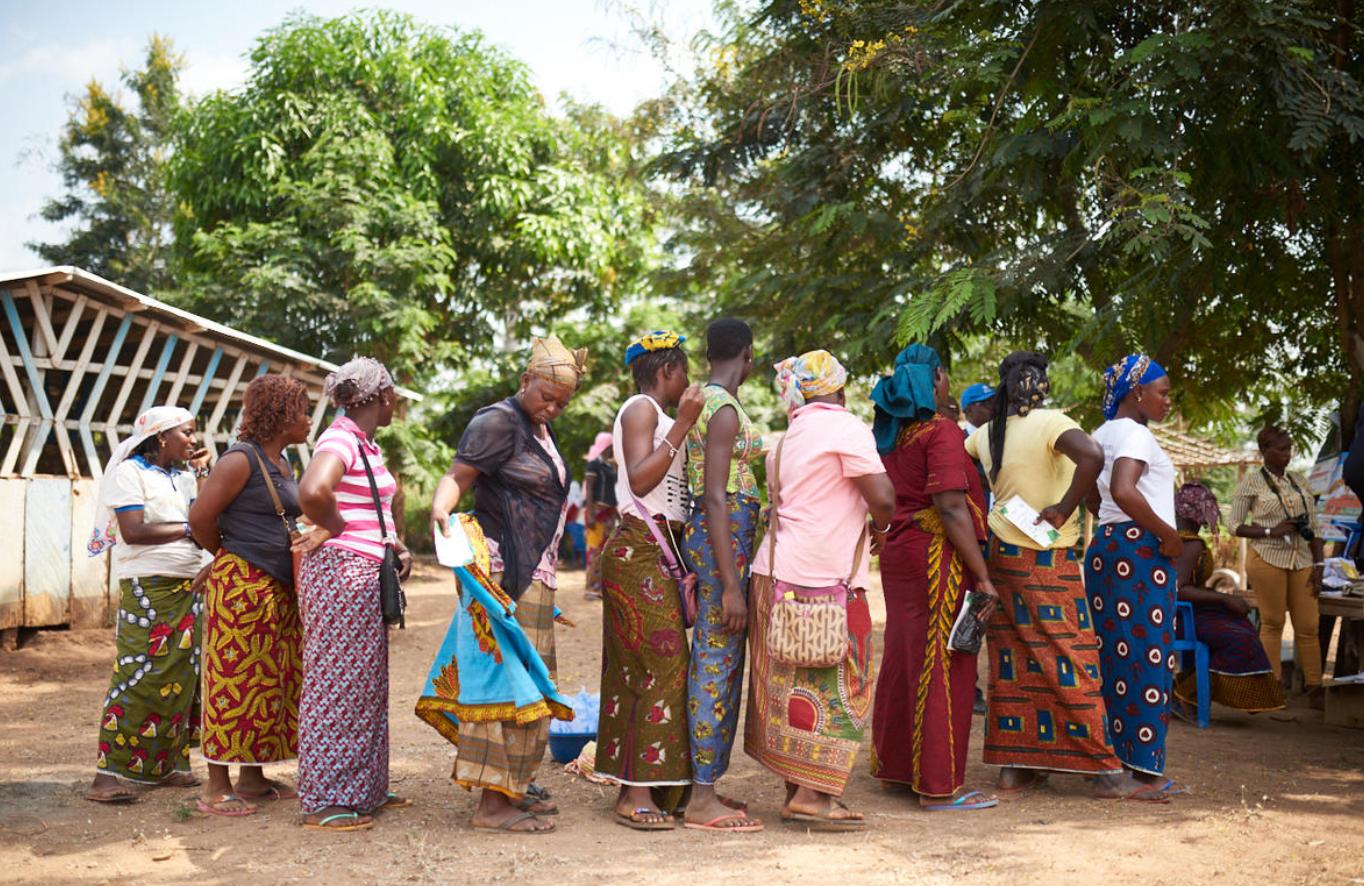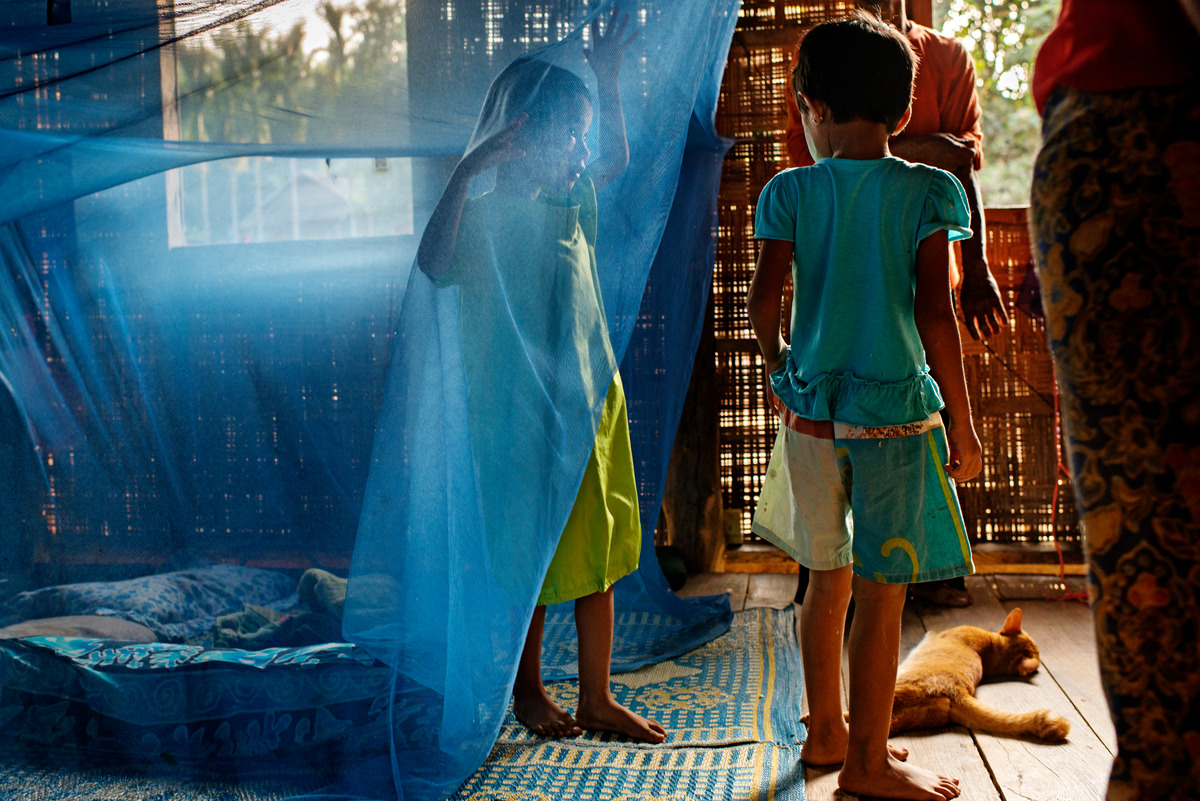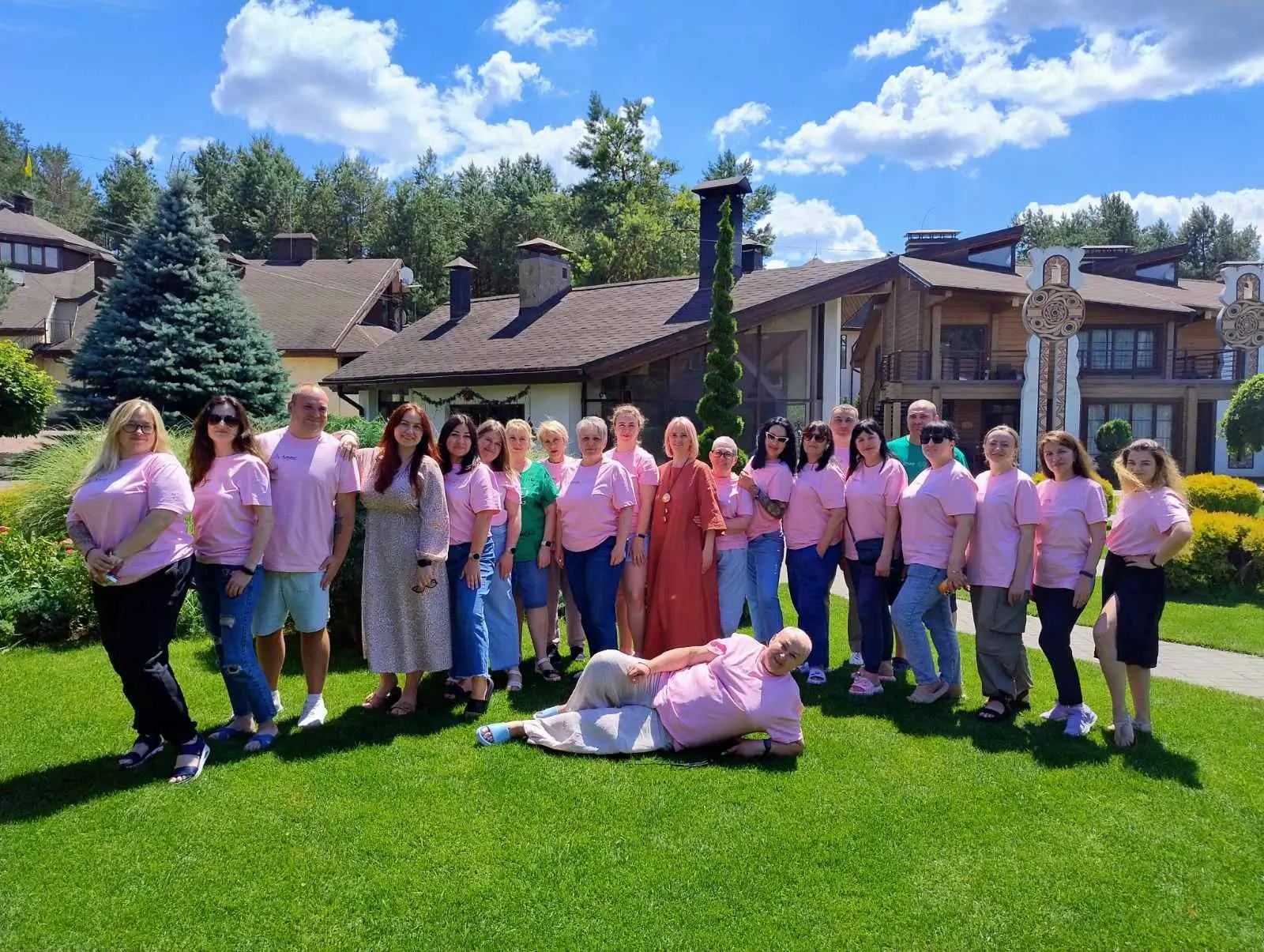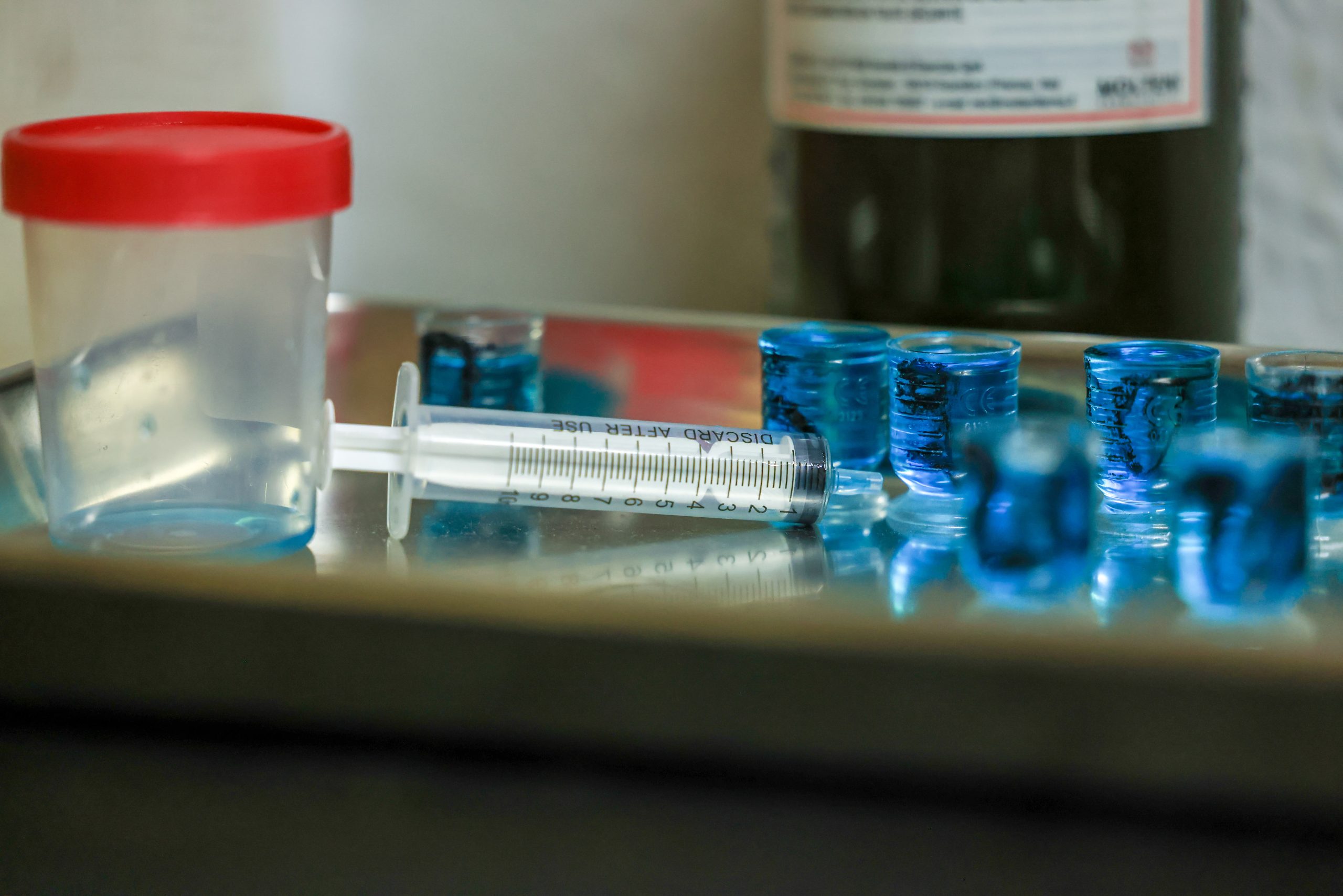World Malaria Day 2024
Over the past twenty years, progress in the fight against malaria has significantly reduced its mortality rate. Today, a resurgence of the disease is observed, and there are numerous and varied challenges to overcome in order to contain it.
More than 600,000 deaths are attributed to malaria each year. In 2022, the World Health Organization (WHO) reported over 249 million cases, with 95% of them occurring in sub-Saharan Africa. Women and children under the age of five are the most vulnerable to this disease, which is caused by a parasite transmitted by certain mosquitoes. Despite years of sustained efforts, malaria is on the rise. Its eradication is hindered by several factors: increasing resistance to insecticides and antimalarials, climate change, the emergence of new mosquito species, among others. L’Initiative is mobilizing to achieve the goals of the global malaria control strategy: to reduce malaria mortality by at least 90% by 2030 compared to 2015.
Climate change, a major risk for malaria control
Climate change represents a growing threat in the fight against malaria. The disease is one of the most sensitive to the increase in the duration of extreme weather events and the disruption of ecosystems it causes. Climate change influences the behavior and viability of mosquitoes, the disease vectors. For example, in Pakistan, the number of malaria cases multiplied by five after the devastating floods of 2022. To address these challenges, anticipation and a comprehensive approach to these issues are necessary.
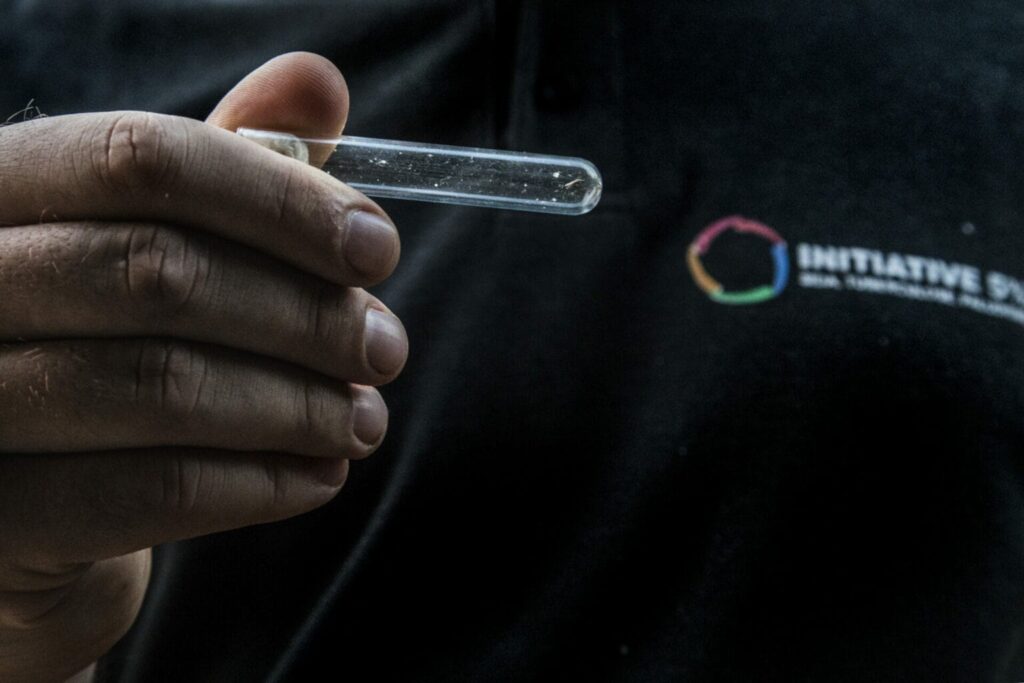
Anopheles stephensi, a new malaria vector in Africa
L’Anopheles stephensi is gaining ground in Africa. This mosquito species, native to South Asia and the Arabian Peninsula, carries the two deadliest strains of the Plasmodium parasite, which causes malaria. It first appeared in the Horn of Africa in 2012, in Djibouti. At that time, the country was on the verge of eradicating the disease and recorded only 27 cases per year, compared to 73,000 in 2020. Since then, l’Anopheles stephensi has also been spotted in Ethiopia, Sudan, Somalia, and more recently, in Nigeria and Kenya.
Research, cornerstone of the fight against malariae
Research is essential and foundational in the fight against malaria. It allows for the development of effective prevention and access to care strategies, especially for the most vulnerable. This is crucial as the fight against malaria has stagnated in recent years, hindered by resistance to insecticides and antimalarial drugs, climate change, and other factors. Through research, high-impact health policies can be implemented to effectively combat the disease, with the support of local communities.
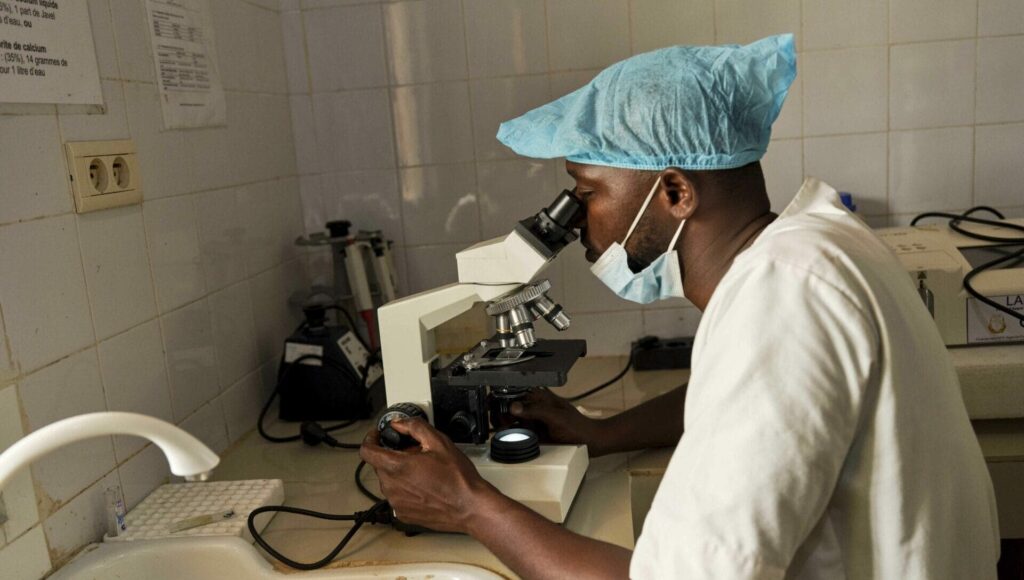
Contributing to better control the spread of malaria in Djibouti
Utilizing effective surveillance tools for the parasite responsible for malaria is essential for implementing effective health policies. In Djibouti, L’Initiative has deployed technical assistance to train technicians at the Djibouti University Hospital laboratory, in the use of reliable diagnostic tools. Nasserdine Papa Mze, an expert in molecular biology and sequencing, reflects on this mission.
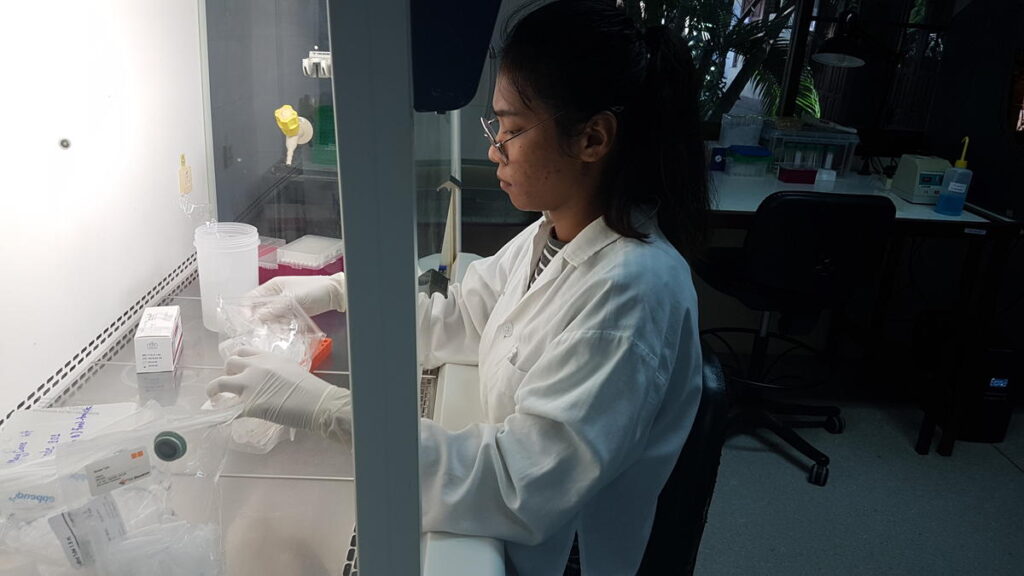
Operational research is essential to combat malaria
L’Initiative contributes to operational research to support the implementation of innovative and effective strategies. In Burkina Faso and Benin, supported projects focus on strengthening malaria surveillance and prevention through community-based approaches. Other programs in Burkina Faso and Senegal are dedicated to strengthening measures to combat disease transmission.
Community prevention strategies in the fight against malaria
One of the objectives set by the WHO in the fight against malaria is the elimination of the disease in at least 35 countries by 2030. To achieve this, L’Initiative supports the implementation of prevention strategies, including seasonal malaria chemoprevention (SMC). It also funds operational research and community research projects. The targeted populations are the most vulnerable, including pregnant women and children under 5 years old.
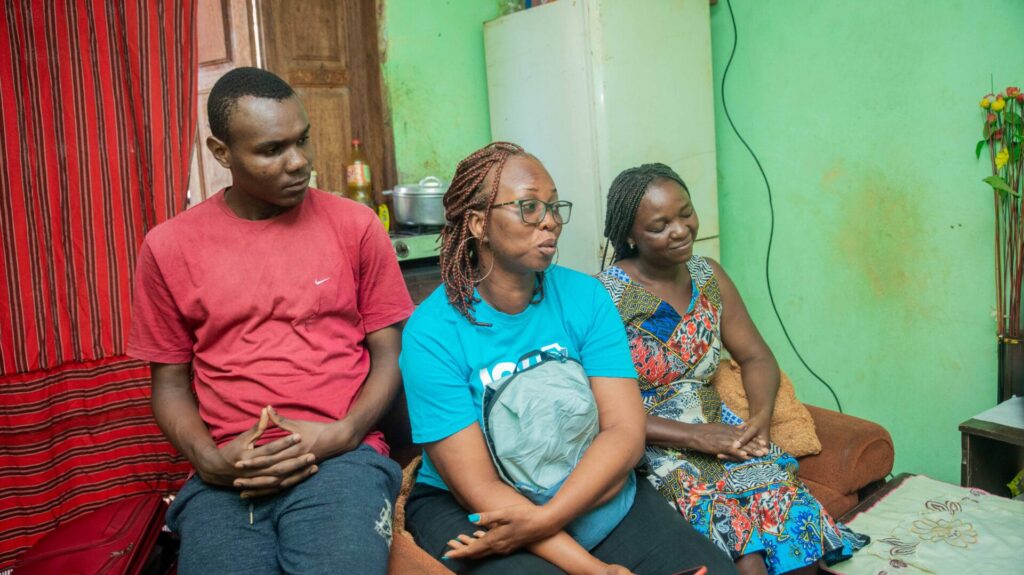
Combined preventive approaches to combat malaria
To counter malaria, the WHO recommends seasonal malaria chemoprevention (SMC), a preventive treatment for children under 5 years old. In order to enhance its effectiveness, L’Initiative funded operational research in Burkina Faso on the benefits of combining preventive strategies to prevent the disease. Paul Sondo, a researcher at the Health Sciences Research Institue (IRSS), shares insights into this study.
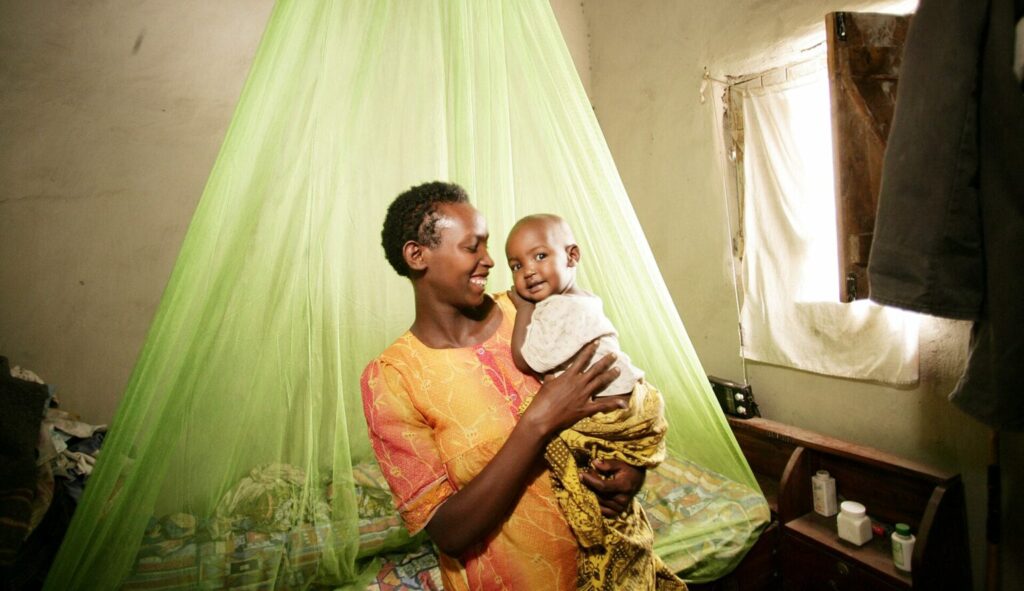
In Benin, building awareness campaigns with communities
Preventive measures against malaria do not always reach the most vulnerable individuals. The Sucoppa research project, set to take place in Benin starting from June 2024, with the support of L’Initiative, aims to collaboratively develop better awareness and prevention methods for malaria with communities. We meet Gilles Cottrell, epidemiologist, and Armel Djènontin, medical entomologist, the two researchers leading this project.
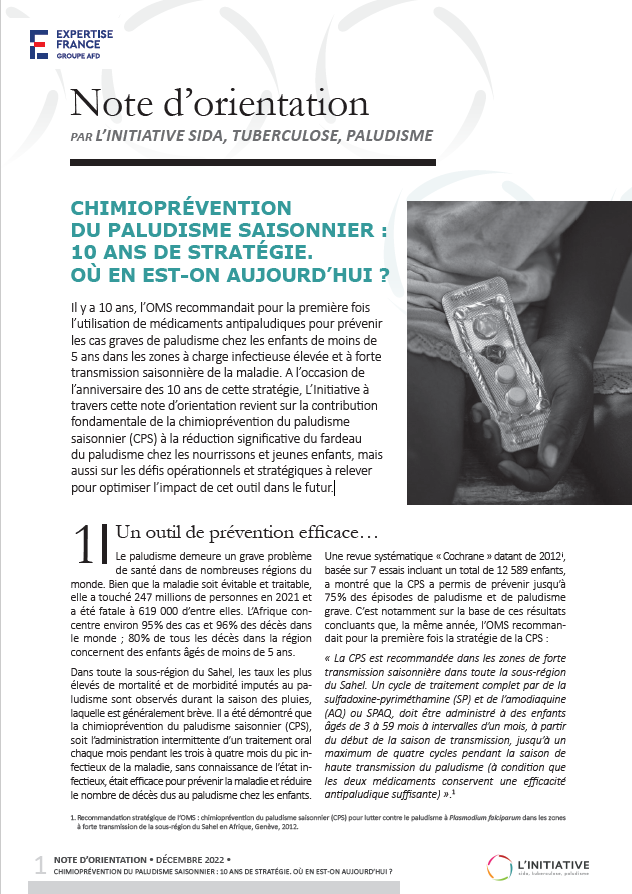
Seasonal malaria chemoprevention (SMC): over a decade of strategy
For more than 10 years, the WHO has recommended the use of antimalarial drugs to prevent severe cases of malaria in children under 5 years old in areas most affected by the disease. This strategy, known as Seasonal Malaria Chemoprevention (SMC), has reduced the burden of the disease among the youngest population. However, significant operational and strategic challenges persist.
